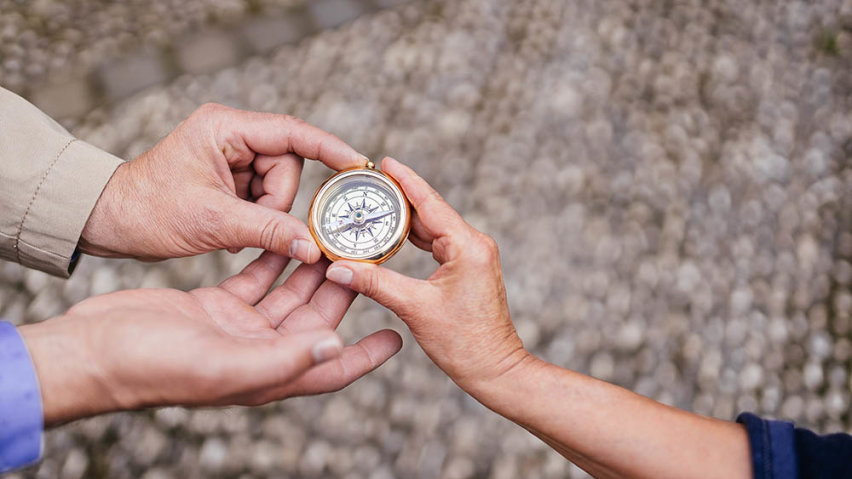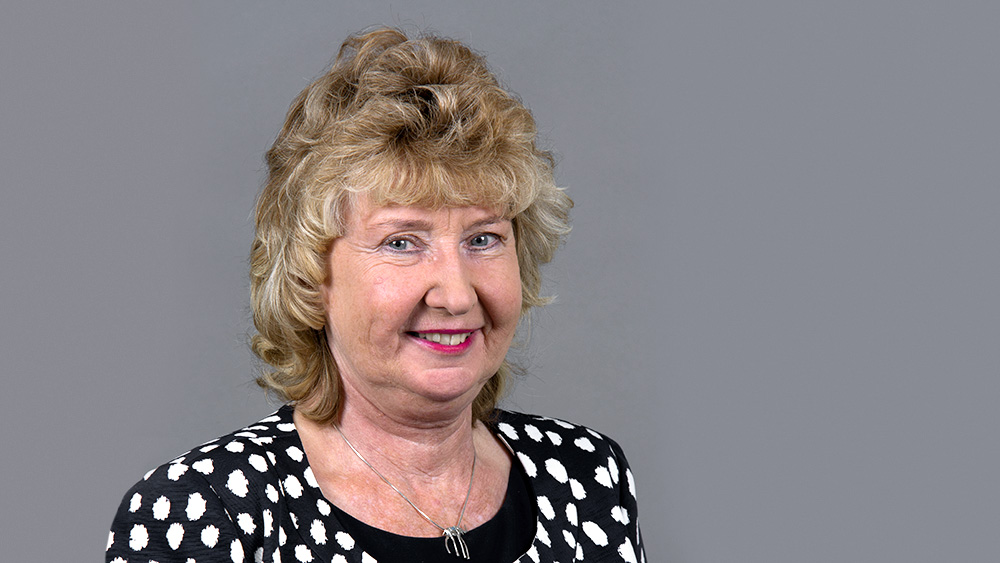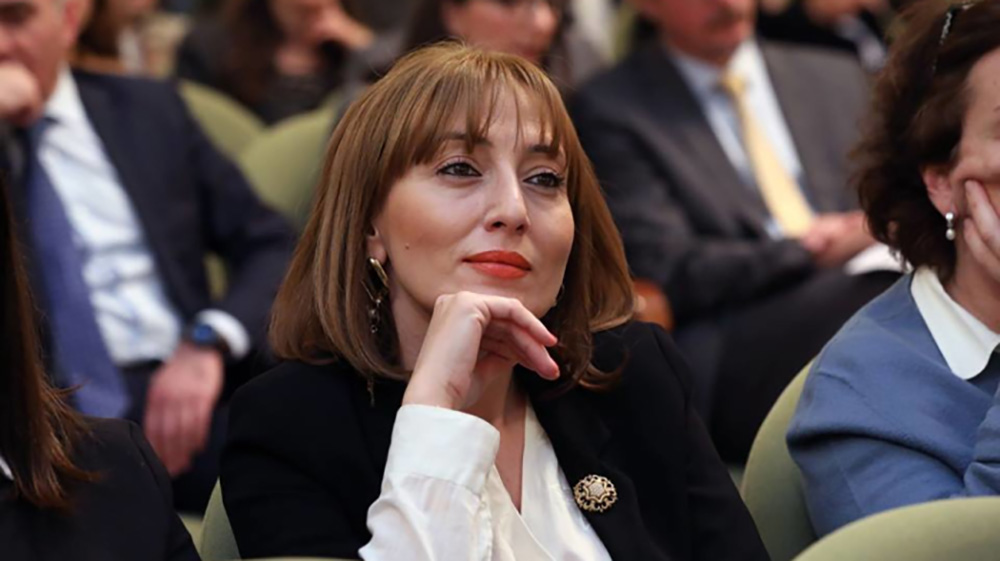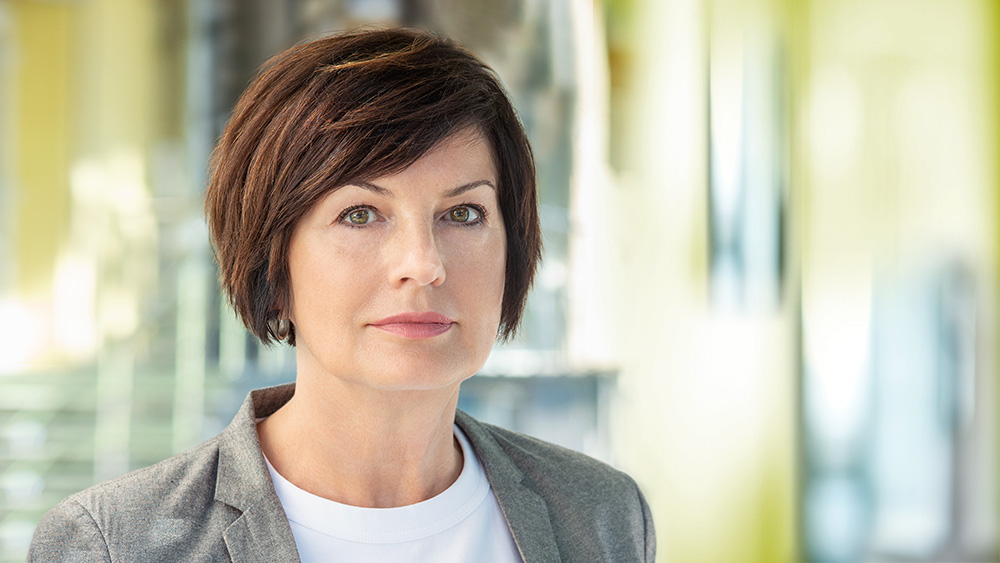Bologna Hub Peer Support: a successful first phase
 Oliver Reetz/DAAD
Oliver Reetz/DAAD
Trailblazing – the process, which aims to create a European Higher Education Area, is named after the city of Bologna in Italy.
Universities from all over Europe were able to apply for counselling with one or two Bologna experts as part of the Bologna Hub Peer Support project, which is funded by the European Commission and the German Federal Ministry of Education and Research. Based on a peer-to-peer approach, the project’s aim is to identify potential improvements in implementing the transnational higher education reform at higher education institutions. Following the first phase of the program, the project´s advisors have drawn encouraging interim conclusions.
Unfortunately, the pandemic has thrown a spanner in the works again. Instead of an in-person meeting, the 26 Bologna experts from across Europe were only able to meet on-screen via video conference. However, that didn’t dampen the highly engaged and friendly atmosphere. The purpose of the meeting was for the advisors to discuss the interim conclusions of the “Bologna Hub Peer Support” project in detail, to which they were invited by the Conference of Rectors of Spanish Universities (CRUE) and the German Academic Exchange Service (DAAD).
In the course of the project, Bologna experts completed intensive peer-to-peer counselling with a total of 28 higher education institutions in the European Higher Education Area (EHEA), starting in early 2021. The topic was the key commitments of the Bologna Process: The aim is for students to be able to collect comparable credits in different European countries without difficulty, to obtain recognized degrees anywhere and to rely on similar quality standards. “Several institutions still need concrete support with implementation,” says David Akrami Flores, Head of Section Erasmus+ Key Action 3: Policy Support in the Erasmus+ National Agency for Higher Education at DAAD. This resulted in the idea of establishing advisors as contacts, who have gained practical experience in the implementation of the Bologna reform as professors, employees in education ministries, or other relevant institutions, and can pass on their knowledge at eye-level.

BASBF
Sandra Kraze, Assistant Professor at BA School of Business and Finance in Riga, Latvia.
High engagement
There was one thing all the participants of the meeting could agree on: “It’s a very successful project,” says Sandra Kraze, Assistant Professor at BA School of Business and Finance in Riga, Latvia, and an advisor in the “Bologna Hub Peer Support” project. In particular, the peer-to-peer approach promises to be highly effective. “Our international team of higher education experts can offer European higher education institutions real added value by guiding them through shared trends and new developments of the EHEA in the Bologna Process.” This becomes even more relevant as the digital transformation creates new challenges for higher education institutions in all their processes. Another conclusion: The more intensively an individual institution makes use of the project, the more effective the counselling. “Many have focused on their questions very effectively, put together a motivated team, and provided insights into helpful documentation in advance,” remarks Prof. Kraze.

Privat
Irine Darchia, Associate Professor in Classics of Tbilisi State University, Georgia.
Implementing the ECTS flexibly and transparently
During the meeting, participants also discussed important individual counselling areas in separate working groups. Irine Darchia, Associate Professor in Classics of Tbilisi State University, reported on the implementation and execution of the European Credit Transfer System (ECTS). “One of the biggest challenges remains the recognition of learning outcomes.” According to Darchia, the institutions are far too rigid in this regard. This causes many students to become discouraged and ultimately, to distance themselves from international mobility. Many of the experts agreed that ECTS should be implemented in a more flexible and transparent way.
Applying digital teaching methods
Iryna Zolotaryova, a professor at Simon Kuznets Kharkiv National University of Economics in Ukraine and member of National Agency for Higher Education Quality Assurance of Ukraine, summarized the results regarding curriculum development and innovative learning and teaching approaches. “Many of us discovered that institutions need to invest more time in developing modular courses.” The flexibility these provide make institutions more competitive when it comes to attracting international students to their campuses. In terms of learning and teaching methods, digital methods in particular could be used far more extensively. “These range from software platforms for distance learning to the use of simulations,” says Zolotaryova. For example, a medical faculty might use simulated operating theaters or virtual patients.

Privat
Iryna Zolotaryova, professor at Simon Kuznets Kharkiv National University of Economics in Ukraine and member of National Agency for Higher Education Quality Assurance of Ukraine.
Internationalization needs a strategy of its own
Jelena Starčević, expert and assistant minister for higher education in the Ministry of Scientific and Technogical Development, Higher Education and Information Society of Republic of Srpska in Banja Luka, Bosnia and Herzegovina, shared her findings in the field of mobility and internationalization. “Many institutions have a very broad internationalization strategy, or none at all,” she says, summarizing her colleagues’ thoughts. She adds that it is important to for each institution to identify its unique selling points and make them visible to international students. Another essential point: “The language skills of native students often need improving before they are ready to study abroad,” says Starčević.

Privat
Jelena Starčević, expert and assistant minister for higher education in the Ministry of Scientific and Technogical Development, Higher Education and Information Society of Republic of Srpska in Banja Luka, Bosnia and Herzegovina.
Demand for greater feedback culture
From Sandra Kraze’s point of view, it became clear in the working groups that, in order to achieve teaching and learning strategies with the student at the center, the standards and guidelines for quality assurance in the EHEA will play a decisive role. “However, our current knowledge of the value of the EHEA is still not clear to the institutions seeking our support. This particularly applies to internal quality assurance,” says Kraze. Here, the expert group discovered that in many cases, student feedback regarding the studying process can be valuable, too.
Further counselling until summer
Until June, the second cycle of counselling visits of the Bologna experts will take place at the participating institutions. The experts will examine whether and how the collectively developed solutions can be adopted and implemented. Afterwards, the final reports will follow. What happens next with the “Bologna Hub Peer Support” project remains to be seen. “There is further demand for peer-to-peer advice. We therefore aim at continuing the project,” announced DAAD Head of Section, Akrami Flores.
Melanie Rübartsch (January 17th, 2022)
